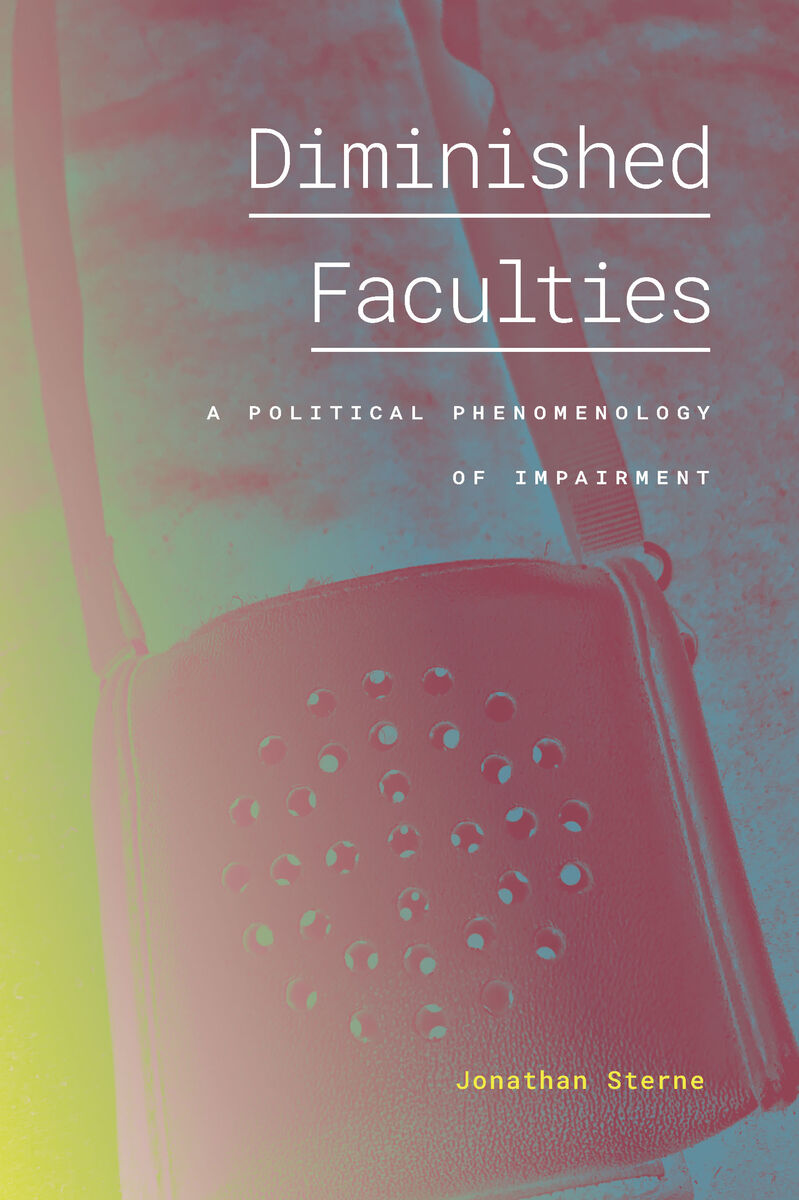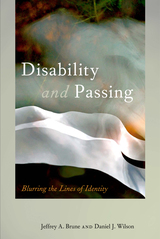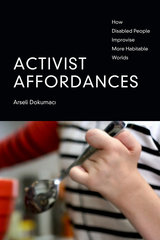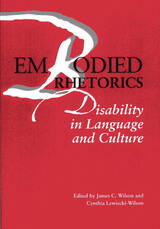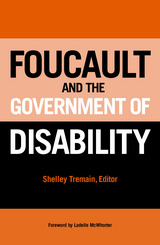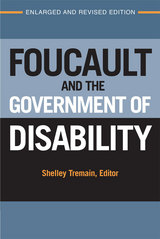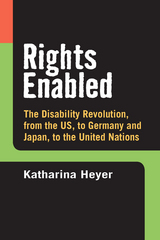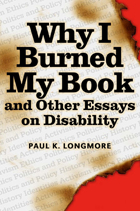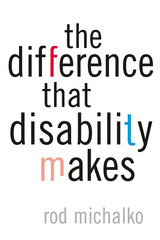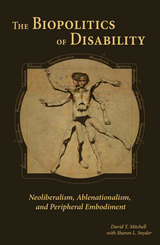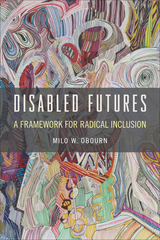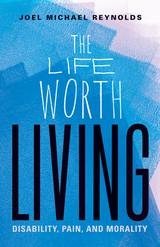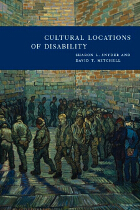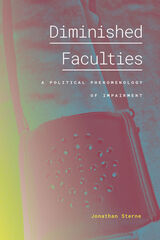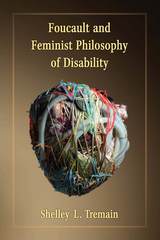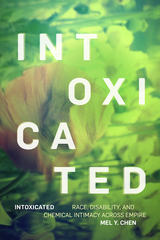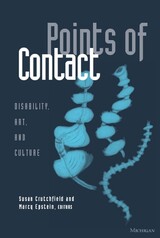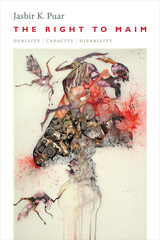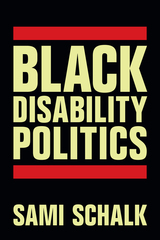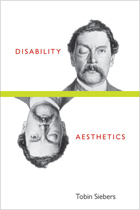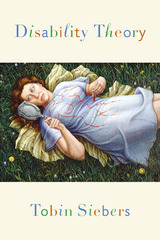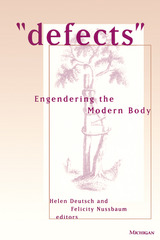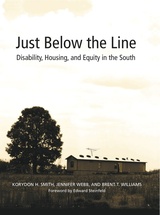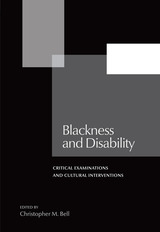Diminished Faculties: A Political Phenomenology of Impairment
Duke University Press, 2021
eISBN: 978-1-4780-2232-9 | Paper: 978-1-4780-1770-7 | Cloth: 978-1-4780-1508-6
Library of Congress Classification HV1568.S698 2021
See other books on: Disabilities | People with Disabilities | Phenomenology | Sociology of disability | Sterne, Jonathan
See other titles from Duke University Press
eISBN: 978-1-4780-2232-9 | Paper: 978-1-4780-1770-7 | Cloth: 978-1-4780-1508-6
Library of Congress Classification HV1568.S698 2021
ABOUT THIS BOOK | AUTHOR BIOGRAPHY | REVIEWS | TOC | REQUEST ACCESSIBLE FILE
ABOUT THIS BOOK
In Diminished Faculties Jonathan Sterne offers a sweeping cultural study and theorization of impairment. Drawing on his personal history with thyroid cancer and a paralyzed vocal cord, Sterne undertakes a political phenomenology of impairment in which experience is understood from the standpoint of a subject that is not fully able to account for itself. He conceives of impairment as a fundamental dimension of human experience, examining it as both political and physical. While some impairments are enshrined as normal in international standards, others are treated as causes or effects of illness or disability. Alongside his fractured account of experience, Sterne provides a tour of alternative vocal technologies and practices; a study of “normal” hearing loss as a cultural practice rather than a medical problem; and an intertwined history and phenomenology of fatigue that follows the concept as it careens from people to materials science to industrial management to spoons. Sterne demonstrates how impairment is a problem, opportunity, and occasion for approaching larger questions about disability, subjectivity, power, technology, and experience in new ways. Diminished Faculties ends with a practical user’s guide to impairment theory.
See other books on: Disabilities | People with Disabilities | Phenomenology | Sociology of disability | Sterne, Jonathan
See other titles from Duke University Press
